elsaspet
TPF Noob!
- Joined
- Dec 14, 2004
- Messages
- 4,054
- Reaction score
- 37
- Location
- Dallas
- Website
- www.visionsinwhite.com
- Can others edit my Photos
- Photos OK to edit
OK, I am a person of lists, so I came up with a short list of things that need to be accomplished in order to make this happen.
1. Forum and Design
2. Set of rules for submissions
3. Critique Board Members
4. How Board Members are Selected and How Often
There are others I am sure that I left out, but this gives us a starting point.
What say we start with #2, since most of us don't know exactly what is available with the forum software and what the Admins and Mods will be able to do.
We can work up a set of rules for the submissions and hammer that part out. Then move on from there. That way we are moving forward through all the things that need to be accomplished, without bouncing from one thing to another.
As for the rules of submission, here are the parts that I personally really like:
1. Once monthy submission limits
2. Anon
3. Details as to the why, how, what and skill level
4. OTE or no OTE, depending on what the poster is looking for, and provided details of any edits are well spelled out.
As for the potential panel,
1. I agree with Hertz. With the stipulation that anyone interested MUST have work posted somewhere on this forum.
2. There are limits set on how long a juror serves. I like the idea of quarterly.




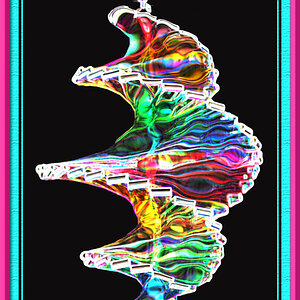
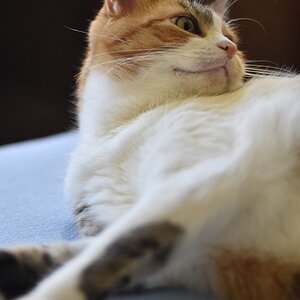

![[No title]](/data/xfmg/thumbnail/42/42277-63576745f84be96df79b94ca0f49e00b.jpg?1619740085)
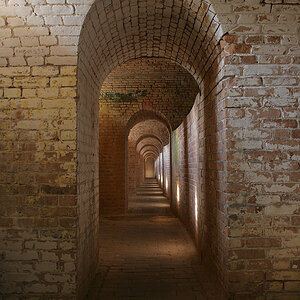

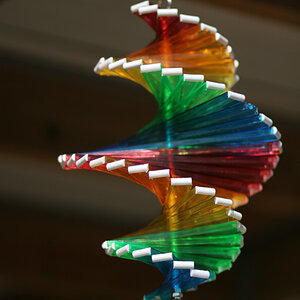
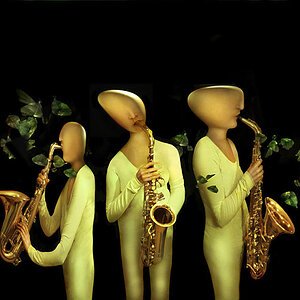
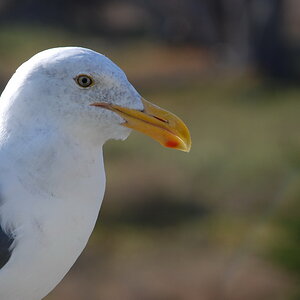
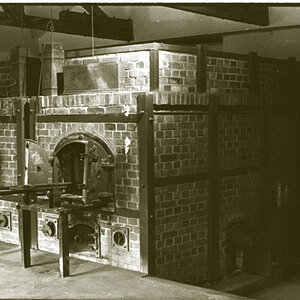

![[No title]](/data/xfmg/thumbnail/42/42281-7e2c2677bdc791ca1918fb67b6b760c5.jpg?1619740089)